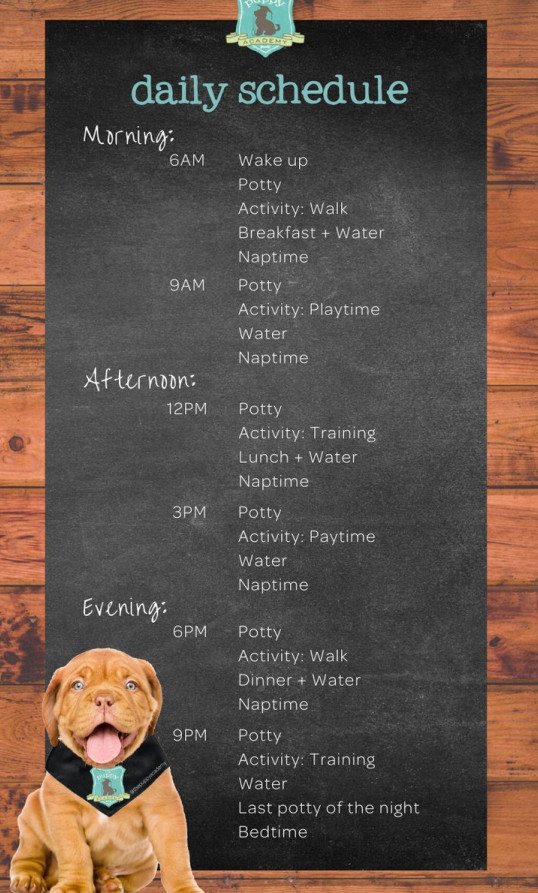Bringing a new puppy into your home is an exciting and joyful experience. However, it also comes with a lot of responsibility. One of the most important aspects of puppy care is establishing a consistent and structured schedule. A puppy schedule helps to provide routine and stability for your furry friend, ensuring they receive the necessary care, attention, and training they need to grow into a well-behaved and happy adult dog.
In this article, we will guide you through the process of creating a puppy schedule that suits you and your new companion. We will cover everything from feeding and potty training to exercise and socialization. By following these guidelines, you can set your puppy up for success and create a harmonious living environment for both of you.
Why Is a Puppy Schedule Important?
A puppy schedule is essential for several reasons. Firstly, it helps to establish a routine that your puppy can rely on. Dogs are creatures of habit, and having a consistent schedule can help them feel secure and reduce anxiety. Additionally, a schedule helps you manage your time and responsibilities as a pet owner more effectively. It ensures that your puppy’s needs are met and that you can plan your day accordingly.
Furthermore, a puppy schedule aids in the training process. By following a structured routine, you can establish clear boundaries and expectations for your puppy. This makes it easier to teach them basic commands, house rules, and proper behavior. Consistency is key when it comes to training, and a schedule provides the necessary framework for effective learning.
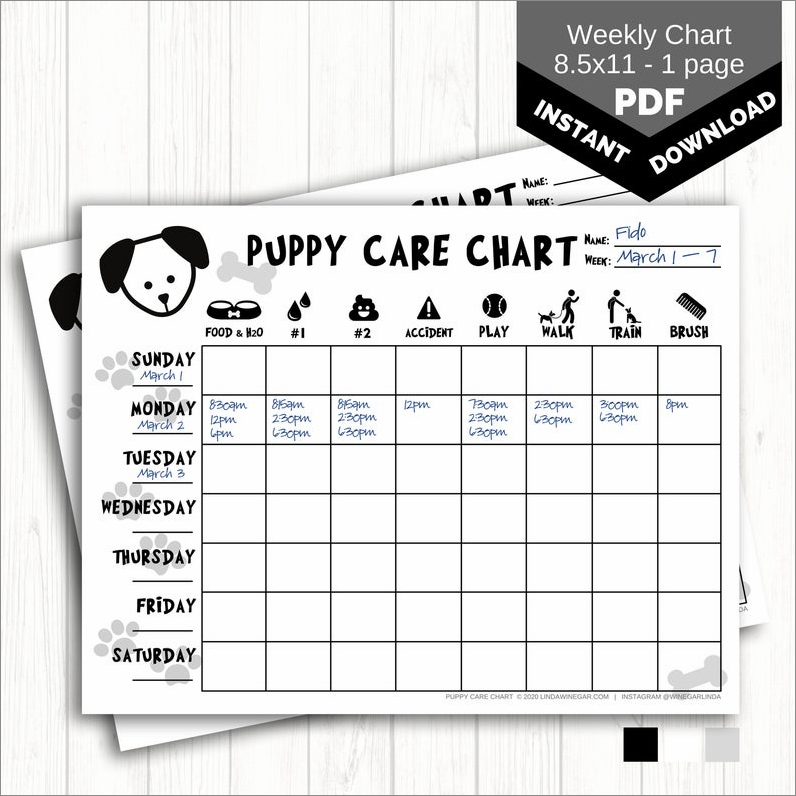
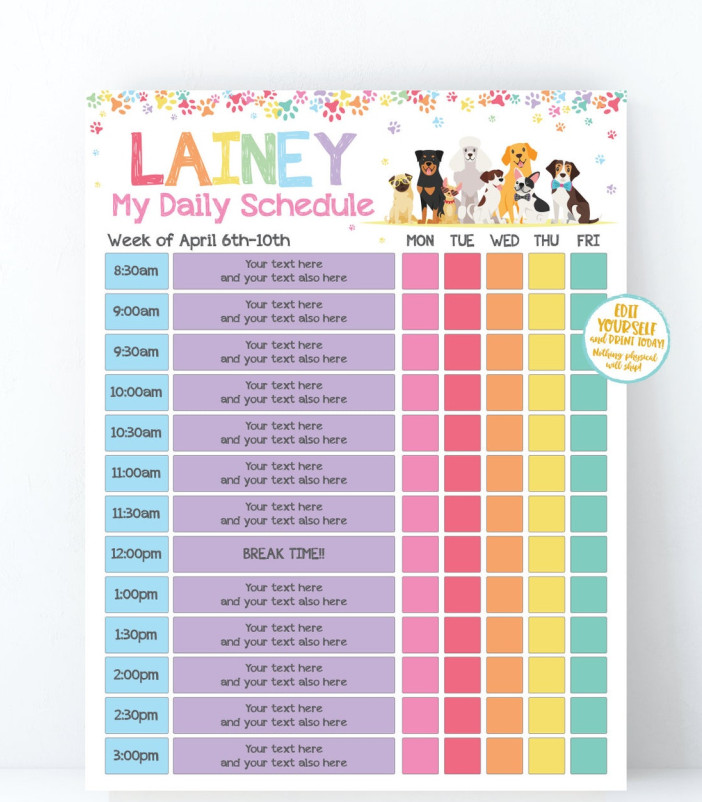
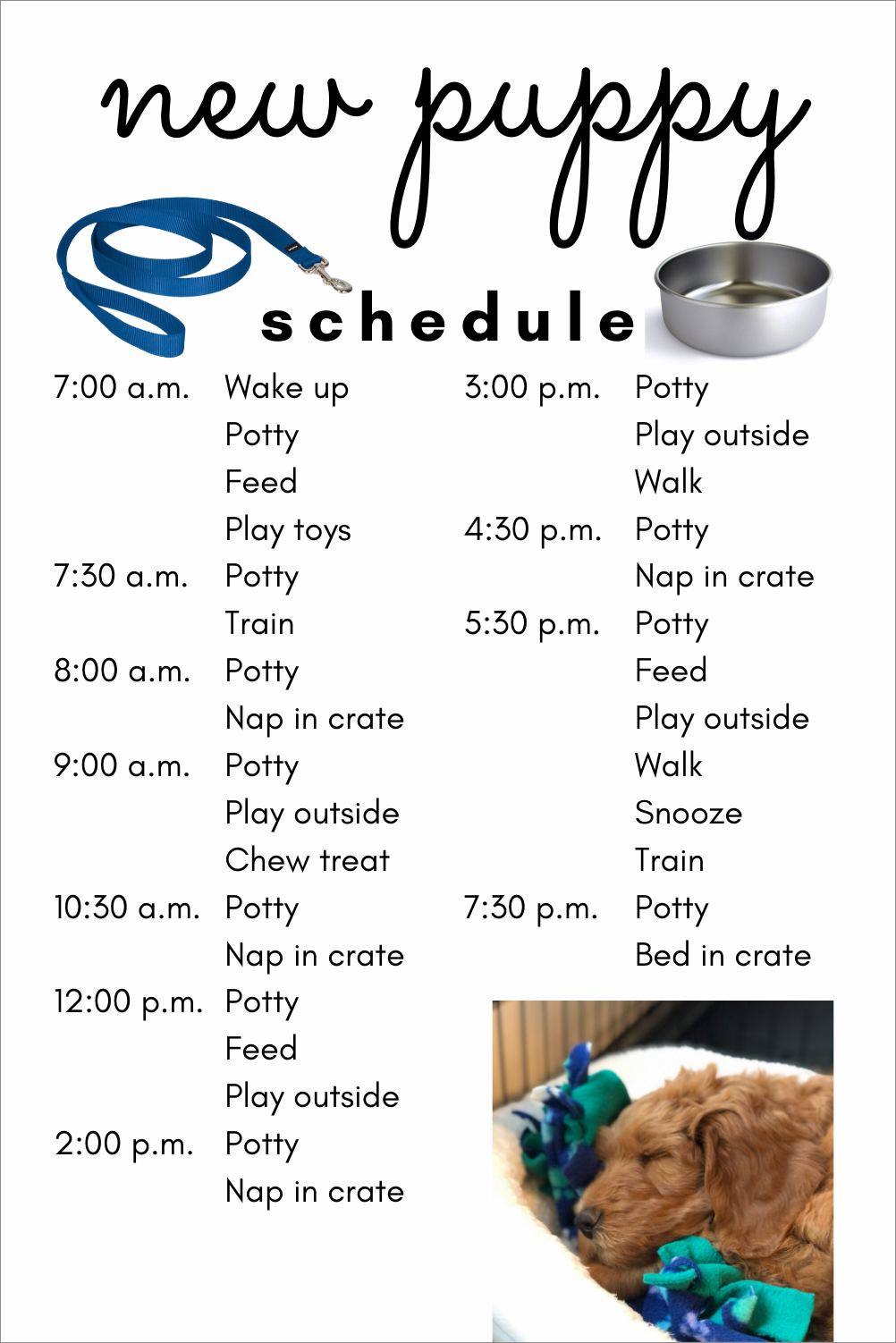
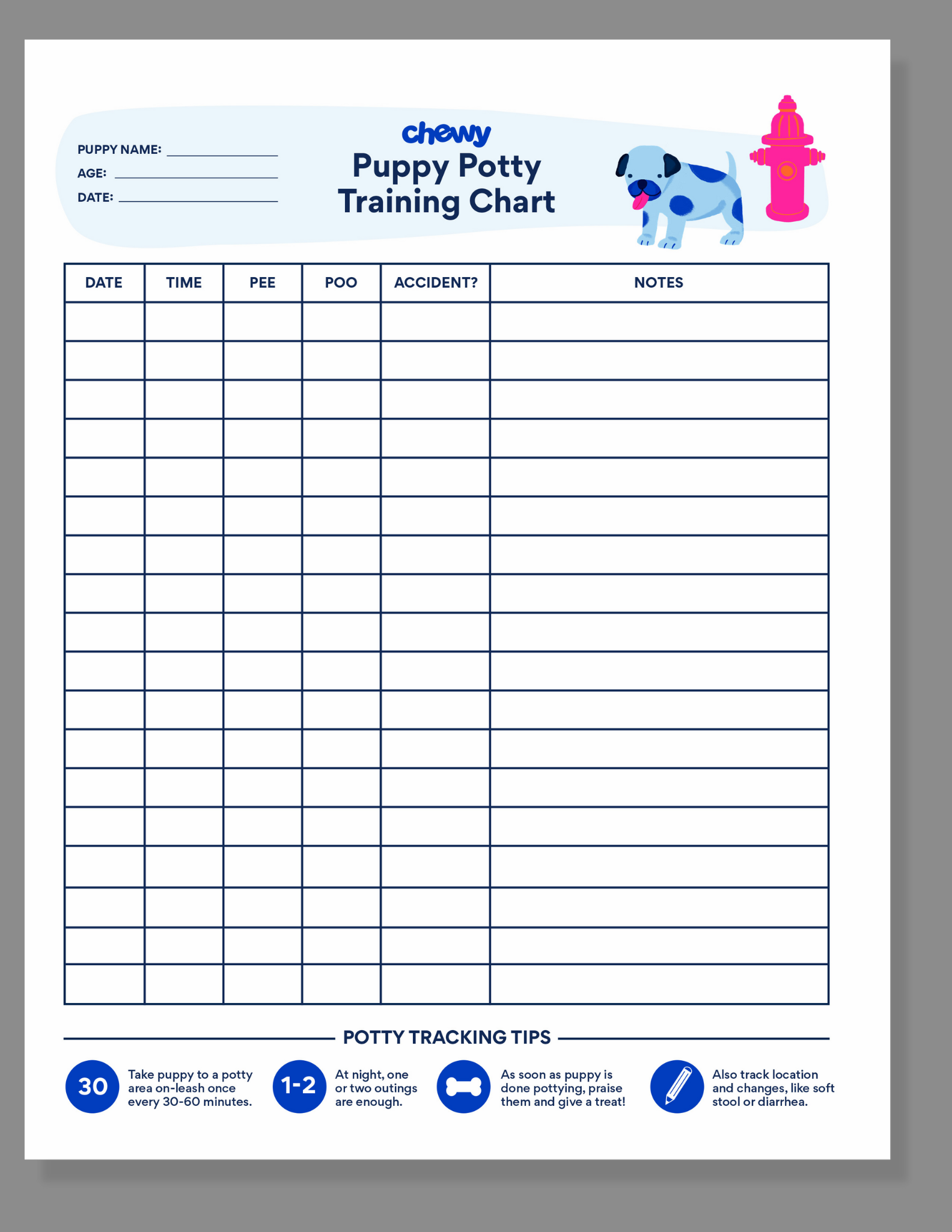
What Should a Puppy Schedule Include?
A well-rounded puppy schedule should cover the following areas:
1. Feeding
Deciding on the right puppy food and feeding schedule is crucial for your puppy’s health and development. Consult with your veterinarian to determine the appropriate type and amount of food for your specific breed. Typically, puppies require more frequent meals compared to adult dogs. Aim to feed your puppy three to four times a day, spaced out evenly.
- Provide fresh water: Make sure your puppy always has access to clean and fresh water.
- Stick to a consistent feeding schedule: Feed your puppy at the same times every day to establish a routine.
- Monitor portion sizes: Follow the recommended feeding guidelines to prevent overfeeding or underfeeding.
- Use mealtime for training: Incorporate training exercises during mealtime to reinforce good behavior and obedience.
2. Potty Training
Potty training is an essential part of raising a puppy. Establishing a consistent bathroom routine will help your puppy learn where and when to go. Be patient and consistent with your training methods, and remember that accidents are a normal part of the process.
- Establish a designated potty area: Choose a specific spot outside where your puppy can go potty.
- Take your puppy out frequently: Puppies have small bladders and need to go outside often. Take them out first thing in the morning, after meals, and before bedtime.
- Use positive reinforcement: Praise and reward your puppy when they are eliminated in the designated area.
- Be patient: Accidents will happen, especially in the beginning. Avoid punishment and instead focus on redirecting your puppy to the appropriate spot.
3. Exercise and Playtime
Regular exercise and playtime are vital for your puppy’s physical and mental well-being. It helps them burn off excess energy, maintain a healthy weight, and prevent behavioral issues caused by boredom or pent-up energy.
- Provide daily walks: Take your puppy for short walks to help them become familiar with their surroundings and develop good leash manners.
- Engage in interactive play: Use toys, games, and puzzle feeders to stimulate your puppy’s mind and keep them entertained.
- Allow for off-leash play: Find safe and secure areas where your puppy can socialize and interact with other dogs.
- Adjust exercise intensity: Be mindful of your puppy’s age, breed, and health condition when determining the appropriate amount and intensity of exercise.
4. Socialization
Proper socialization is crucial for a well-rounded and friendly dog. Exposing your puppy to various people, animals, and environments from an early age helps them become confident and adaptable.
- Introduce new experiences gradually: Slowly expose your puppy to different sights, sounds, and situations to prevent overwhelming them.
- Arrange playdates: Set up playdates with other puppies or friendly adult dogs to encourage positive interactions and appropriate behavior.
- Enroll in puppy classes: Puppy training classes provide an excellent opportunity for socialization and learning in a controlled environment.
- Expose your puppy to different environments: Take your puppy to parks, cafes, and other public places to help them become comfortable in various settings.
5. Rest and Sleep
Puppies require plenty of rest and sleep to support their growth and development. Ensure they have a comfortable and quiet space where they can relax and recharge.
- Create a designated sleeping area: Provide a cozy bed or crate where your puppy can retreat for naps and nighttime sleep.
- Establish a bedtime routine: Follow a consistent nighttime routine to signal to your puppy that it’s time to sleep.
- Avoid excessive stimulation before bedtime: Limit play and excitement in the evenings to help your puppy wind down.
- Monitor sleep patterns: Puppies sleep for extended periods throughout the day. If you notice any significant changes in their sleep patterns, consult with your veterinarian.
6. Training and Mental Stimulation
Training is an ongoing process that helps your puppy learn essential commands, manners, and boundaries. It also provides mental stimulation and strengthens the bond between you and your furry friend.
- Start with basic commands: Teach your puppy commands like sit, stay, come, and leave using positive reinforcement techniques.
- Implement consistent rules and boundaries: Establish clear expectations and enforce them consistently to prevent confusion.
- Use reward-based training methods: Reward your puppy with treats, praise, and affection when they exhibit desired behaviors.
- Provide mental enrichment: Use puzzle toys, treat-dispensing toys, and training games to challenge your puppy’s mind.
7. Health and Grooming
Regular grooming and healthcare practices are essential for keeping your puppy healthy and comfortable.
- Schedule regular veterinary check-ups: Keep up with your puppy’s vaccinations, deworming, and overall health examinations.
- Brush your puppy’s coat: Depending on their breed, your puppy may require regular brushing to prevent matting and keep their coat clean.
- Trim their nails: Keep your puppy’s nails trimmed to a safe length to prevent discomfort and potential injuries.
- Clean their ears and teeth: Regularly clean your puppy’s ears and brush their teeth to maintain good hygiene and prevent dental issues.
Conclusion
Creating a puppy schedule is an essential part of responsible pet ownership. It helps establish a routine, provides structure for training, and ensures your puppy’s physical and mental needs are met. By following the guidelines outlined in this article, you can create a balanced and harmonious lifestyle for both you and your furry companion. Remember, patience, consistency, and love are the keys to raising a happy and well-behaved puppy.
Puppy Schedule Template – Download
